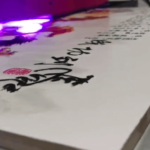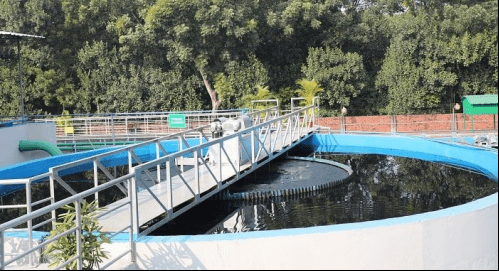
Water usage in manufacturing
Industry | The Imperative To Reduce Water Usage In Manufacturing

To reduce water usage in manufacturing is very important. Water is an extremely important resource for our planet and for every living thing. A large portion of the world’s population faces serious difficulties in accessing drinking water. In fact, we are very lucky because we live in such a country with an abundant supply of fresh water. But the sufficiency of fresh water causes us to destroy the true value of this resource, simply because we often and unconsciously misuse it.
But nothing is infinite. Our groundwater table is depleting at an alarming rate every year due to over-extraction of groundwater for irrigation, industrial use and domestic needs. Scientific data shows that groundwater levels are falling by 1-3 meters per year, which could lead to catastrophic situations if we do not stop unrestricted groundwater extraction or reclaim water at a higher rate than groundwater extraction.
Bangladesh is the seventh most populous country in the world, and the Bangladeshi people are highly dependent on groundwater. With the ever-increasing population, current water and water supply levels are becoming more and more stressful, which means that people need to do their part to conserve water in every possible way.
Water sustainability is an important factor in the textile and garment industry, especially in wet processing. Sustainability is the most critical factor for success as we pursue our long-term vision.
In order to achieve the expected growth of this industry, we need to use a lot of water. Therefore, it is especially important to have a good understanding of sustainable water sources, especially Bangladesh is also expected to make more investment in the related textile sector in the future.
One thing everyone agrees on is that water waste has a significant negative impact on our competitiveness. The more water we use, the more expensive it will be to manufacture because we need to use more chemicals, dyes and even energy.
By reducing water usage, we reduce the energy and chemicals required to treat water, ultimately reducing our production costs and making them more cost- and resource-efficient. Of course, optimizing water use also helps reduce pollution and maintenance costs for wastewater treatment plants.
As the largest manufacturing industry in Bangladesh, the people of Bangladesh have a greater responsibility and role, and everyone’s small actions may have a huge impact. It can start with small steps, and if we can encourage those around us to change poor water behavior, then we can effectively save such a precious resource and make the industry more competitive.
So I think we first need to develop water discipline, increase water awareness and develop an internal culture. For example, we often talk about but always ignore the example – we need to close the faucet every time we use water, and make sure that the faucet and the pipe are not leaking. Also, when drinking bottled mineral water, we shouldn’t throw away the water we haven’t finished drinking, we can at least use it on indoor or outdoor plants, etc. Even we often use too much water in the shower, but in fact we can still try to be as optimal as possible.
Bangladesh also has advanced technology to measure water efficiency, and water metering comes first. If we can measure the water consumption of each process in the factory, we can know the room for improvement and can control it in time. For this, we need to build a water metering system in these plants.
 Author: Faruque Hassan, Chairman of BGMEA
Author: Faruque Hassan, Chairman of BGMEA
At the same time, we need to reduce our reliance on groundwater and start using mixed water sources. Because the use of an effective combination of surface and groundwater resources can prevent a dramatic drop in the groundwater table. In addition, water-saving technologies such as rainwater harvesting, low liquor ratio dyeing machines, water-saving devices, proper management of sewage treatment plants, and reuse and recycling of water resources can also reduce water consumption in the manufacturing process.
So I put forward my plea for you to take this seriously, let’s do our best to conserve water, be more competitive, and save our planet and make it a better place for our children and grandchildren . Hopefully it will also be understood that no matter what we do to the natural system, it will return to us in exactly the same way.
Share:
Categories
More Posts


What are the Reasons for the Color Deviation of UV Flatbed Printers?

What is the Difference Between LED Flatbed Printer and Traditional Inkjet Printing

